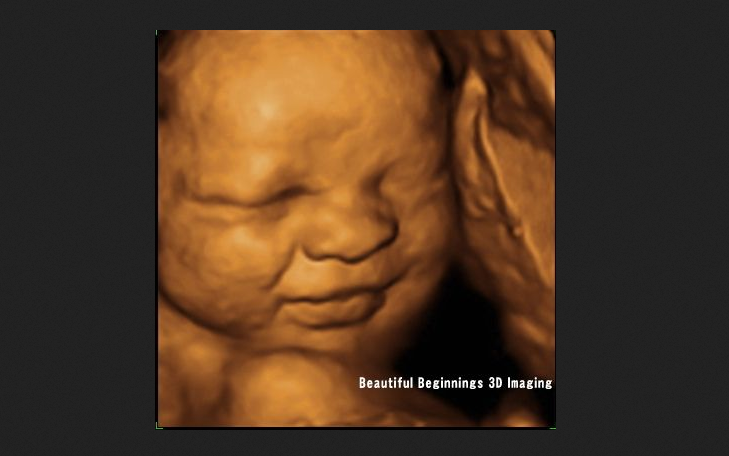More than 300 lawmakers across the country are urging the U.S. Supreme Court to overturn Roe v. Wade and allow states to protect unborn babies again.
The Center Square reports they recently signed onto an amicus brief supporting a Mississippi pro-life law that is being argued before the U.S. Supreme Court. The justices are scheduled to hear the case Dobbs v. Jackson Women’s Health Organization in October.
“We’re hoping to accomplish protecting life within our respective states as best as possible,” Michigan lawyer Jacob Weaver told the news outlet. “Roe v. Wade was abundantly unconstitutional. It’s now clear that it’s life in the womb, not potential life.”
Weaver worked with a coalition of pro-life organizations and lawyers to write the brief and garner support from state lawmakers. The brief has the signatures of more than 300 lawmakers in 35 states, according to the report.
SUPPORT LIFENEWS! If you like this pro-life article, please help LifeNews.com with a donation!
Weaver said many states regulate other “intimate and personal” medical decisions, and the Supreme Court should allow states to do the same with abortion.
“We argue this depoliticize the court and that it returns states to their rightful place in the constitutional scheme,” he said.
In May, the U.S. Supreme Court agreed to hear a challenge to a 2018 Mississippi law that bans abortions after 15 weeks of pregnancy. At the center of the case is “whether all pre-viability prohibitions on elective abortion are unconstitutional.”
Current legal precedent focuses on viability. In Roe and later Planned Parenthood v. Casey, the Supreme Court prohibited states from banning abortions before an unborn baby is viable. As a result, the U.S. is one of only seven countries in the world that allows elective abortions after 20 weeks of pregnancy.
But viability is a moving line. Around the time of Roe v. Wade, babies were considered to be viable at about 28 weeks of pregnancy, but as medicine advanced, the line moved back to 24 weeks and now is about 22 weeks.
For years, many states have tried to challenge the arbitrary “viability” precedent, passing laws to ban abortions completely or at various stages of pregnancy.
After the Supreme Court agreed to hear the Mississippi case, many pro-life leaders expressed hope that the justices will consider new evidence that unborn babies can feel pain and medical advances that are pushing viability back earlier and earlier in pregnancy.
Last week, Mississippi Attorney General Lynn Fitch filed her argument to the high court, urging it to allow states to protect unborn babies again.
“The only workable approach to accommodating the competing interests here is to return the matter to ‘legislators, not judges,’” Fitch wrote. “…The national fever on abortion can break only when this Court returns abortion policy to the states – where agreement is more common, compromise is more possible, and disagreement can be resolved at the ballot box.”
A new AP-NORC Center for Public Affairs Research poll found that a strong majority of Americans believe states should be allowed to ban abortions after the first trimester. According to the poll, 65 percent said most or all second-trimester abortions should be illegal; the number increased to 80 percent in the third trimester.








